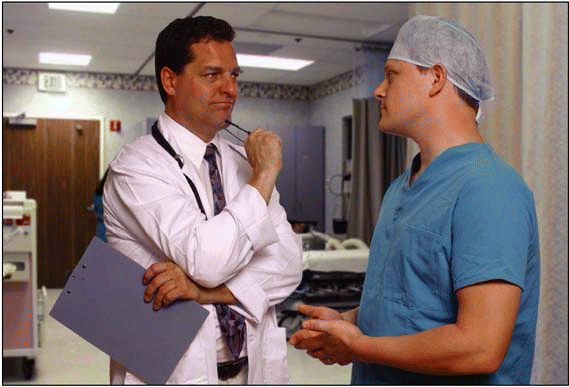TORONTO-Ask just about any resident or young physician just starting out in practice how his or her personal life is going and the most common response you will likely get is, What personal life? or something to that effect. To those in the early stages of their medical careers, the concept of a personal life may seem like a distant and unattainable dream.
Explore This Issue
November 2006Young surgeons just starting out are often faced with a confluence of variables which can lead essentially to the perfect storm, said Linnea Peterson, MD, of the Virginia Mason Medical Center in Seattle. Trying to balance all of the various pulls on your finances, your thoughts, your time and energy can be overwhelming and isolating. It can be daunting, to say the least.
Very strong anecdotal evidence and countless case studies, however, suggest that it is indeed possible to have both a rewarding professional life and a satisfying personal life. It takes planning, hard work, and commitment, though, according to those who have managed to achieve that much-sought-after work-home balance.
To discuss how they survived some of those early challenges in their careers and how they are dealing with current challenges, Dr. Peterson was joined by a panel of seasoned otolaryngology professionals for a special session, Living La Vida Loca: Physician Career and Family Balance, at the American Academy of Otolaryngology-Head and Neck Surgery (AAO-HNS) Annual Meeting. The program was sponsored by the Academy’s Young Physician’s Committee.
The panelists included M. Jennifer Derebery, MD, of the House Ear Clinic in Los Angeles; Robin T Cotton, MD, of Cincinnati Children’s Hospital; and Richard V. Smith, MD, of the Albert Einstein College of Medicine in New York.
First, some bad news
Early career burnout is a critical issue. A recent article by Dr. Robert Ossoff and colleagues quoted a burnout rate among residents as high as 86 percent. Now this wasn’t burnout in the sense of throwing in the towel and quitting, but burnout rates in terms of measurements of emotional exhaustion, personal accomplishment, and depersonalization, Dr. Peterson said. Residency training is excellent at teaching us how to work up complex medical issues, how to do technically challenging surgeries, how to critically evaluate a scientific article, and how to do research, but when it comes to integrating challenges and goals into real life, we’re left to our own devices.
Take Advantage of Support Systems
There are support systems and proven strategies that can be taken advantage of to help young physicians get past some of these early pitfalls and perhaps even attain a semblance of balance in their lives along the way. First and foremost, all the panelists agreed, trusted mentors can be worth their weight in gold.

And you’ve got a universe of mentors out there to help you, Dr. Derebery said. I’ve had many and have been so fortunate in my life. They can be friends, associates, co-residents, even your patients. They are all around you, just look for them.
Leave a Reply